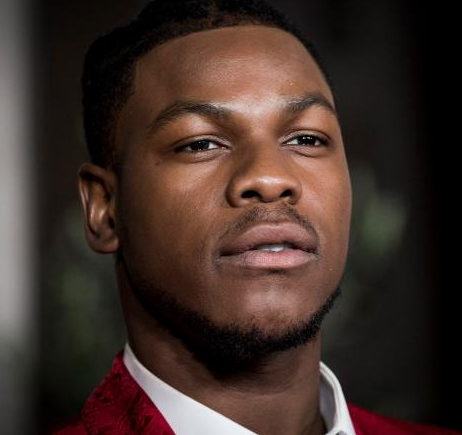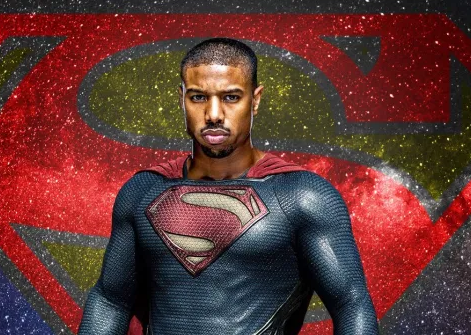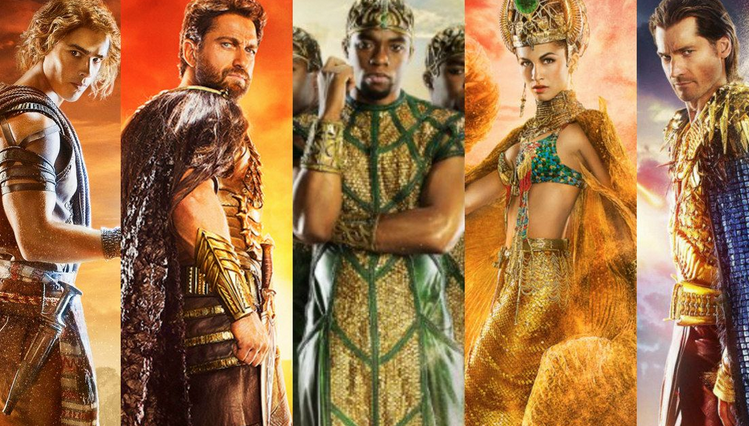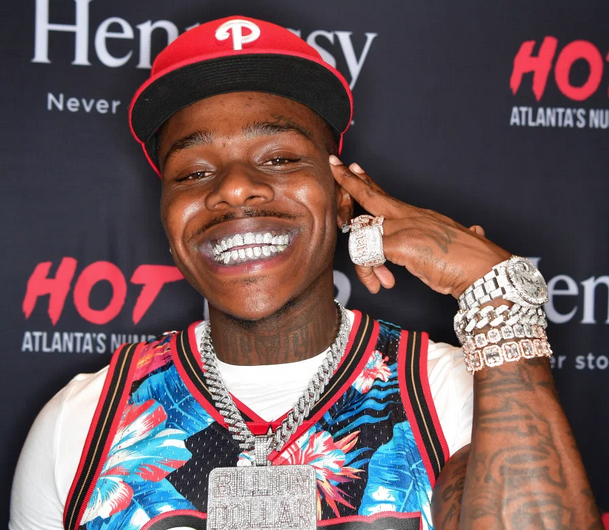Once again, and all too familiar type of conversation emerged online, the debate of a Black actor or actress assuming the role of a well established White fictional character. For example, Idris Elba was suggested as a potential successor to the James Bond franchise a couple of years ago, Michael B. Jordan was suggested as an option to play Superman, and believe it or not, Beyonce's name was tossed into the hat as an option to play Wonder Woman back before Gal Gadot ultimately was decided for the role.

In this latest installment of Who Wants To Play A White Character, John Boyega's name was swept up in the conversational criticism, when he indicated during an interview with Entertainment Tonight that he would be open to assuming the role of James Bond, when Daniel Craig inevitable bows out(or is replaced). He asserted that with Black British director Steve McQueen at the helm, they could show something different, bring something different to it. Yeah, well that is the understatement of the year. Casting a Black actor as James Bond? That in and of itself automatically puts it into the realm of showing and bringing something different to it.
Nothing personal against John Boyega, but James Bond? Um, how about no. I have seen a number of performances by Boyega, and he is a solid young actor. He has held my attention in most of the roles that I have seen him play, though I can't say that I have been amazed, or impressed with his acting range, to this point. Nor can I say that he's ever given off any mysterious, international, dangerous, or sexy vibes. Perhaps as he matures in his career and in life, that perception will change. That is, of course, assuming that he is careful and selective in the roles that he accepts. Because playing wimpy, "friend zone"characters like Finn in the Star Wars franchise, is not going to give him the visual resume that he'll need to make a legitimate case for himself.

At Imajen, we're not big fans of Black actors and actresses assuming such roles. Primarily, because we are believers in defending the integrity of a creator's intellectual property. Many of these White character creations have been established over decades, and Black people are just as familiar with these characters as anyone else because we have grown up with them. Of course, the long history of racism and white supremacy, has played a large part in the lack of mainstream Black characters, particularly those outside of the ones created by White writers. However, we don't believe the answer to that is to coopt existing characters, and then have to brave a long, uphill battle, trying to rationalize the substitution.
At the core, these type of discussions are rooted in Black folks' identity issues and feelings of inadequacy, stemming from several hundred years of Anti-Black propaganda. We have been portrayed as thugs, drug dealers, criminals, deadbeats, and less thans, ever since Birth of a Nation was released back in 1915. Meanwhile, all during the development of the film and television industries, the superheroes, supercops, special agents, geniuses, sex symbols, and saviors of earth, were marketed to the world with white faces. We want the world to see as as equals, just as capable, brave, valiant, selfless, attractive, and envied. That is perfectly understandable. But trying to achieve that by asking to be put in the place of established, iconic White characters, and backed and promoted by the same White system that originated the Anti-Black propaganda is madness. It's like saying, f**k the system, unless and until I can be part of it.

White folks get as heated discussing the hijacking of White characters by Black actors, as Black folks get discussing cultural appropriation by White folks. At Imajen, we have roasted a number of projects that have not fallen, but dove heard first into the deep end of the cultural appropriation pool. One of the worst offenders was Gods of Egypt, in which Gods, Saviors, and Rulers, were all portrayed by unmistakably White actors and actresses. We will not fail to mention that there were also Black actors participating in that film, essentially endorsing the nonsense, and aiding the appropriation. Without question, White folks are guilty of stealing culture for purpose and profit, but too often black folks are driving the getaway car.

One look at the genres of Hip Hop and Rap in the music industry, gives a look at the longest running cultural appropriation heist of our time. A Multi-Billion dollar a year industry, with branches that extend out into the world around it, influencing everything it touches, creating even more industry and income streams. Multi-generational wealth, created by Black people, yet controlled virtually top to bottom by White people. White owned record companies control the images of the artists, how those images are marketed and distributed to the public, the type of music and lyrical content that is released, and in many cases they control the artists themselves so completely, that the closest equivalent would be the relationship of plantation owner and slave. Once again, White people - and men in particular - are in the position to show us to the world how THEY see fit; as gangsters, hoodsters, self-degrading, materialistic clowns without character, bragging about crime, and upholding mysogyny. Yet, this ongoing, outrageous defamation, goes unquestioned, unchecked, and without the shame attributed to film portrayals. I guess it's okay as long as a few Black folks are able to get that "bag". For those keeping score, taking that bag in exchange for participating the oppression of your people is called being a sellout.
All this goes to say, that cultural appropriation and coopting intellectual property are two sides of the same coin. Black folks need to be making moves to get away from the plantation mindset altogether. Trying to play within a rigged system, without the power, leverage, or benefits in our favor is a waste of our talent, energy, and potential. Instead of trying to fit into roles that have already long been preset, defined, and measured, we need to start mining the talent of the countless Black writers and creatives, to bring fresh perspectives and images to the forefront.
In this day and age, there are countless sources capable of financing, and platforms to market and deliver through. What is missing is the vision, the conviction, and the belief that we are in fact equal, capable, brave, valiant, selfless, attractive, and worthy of the world's envy.


